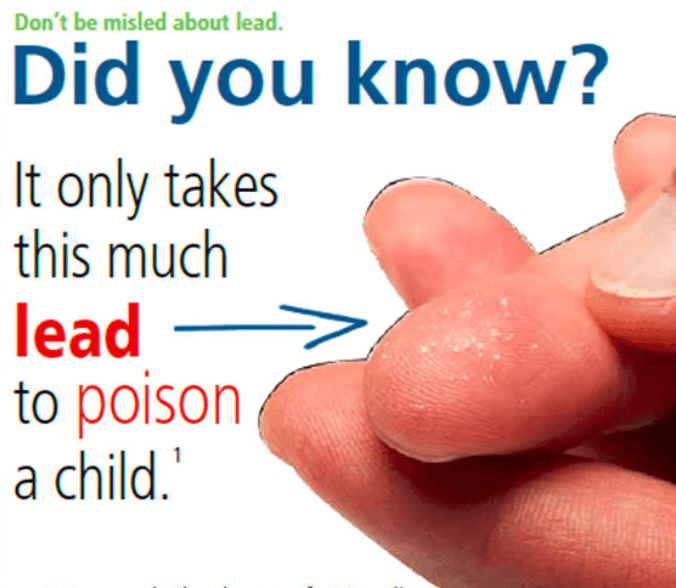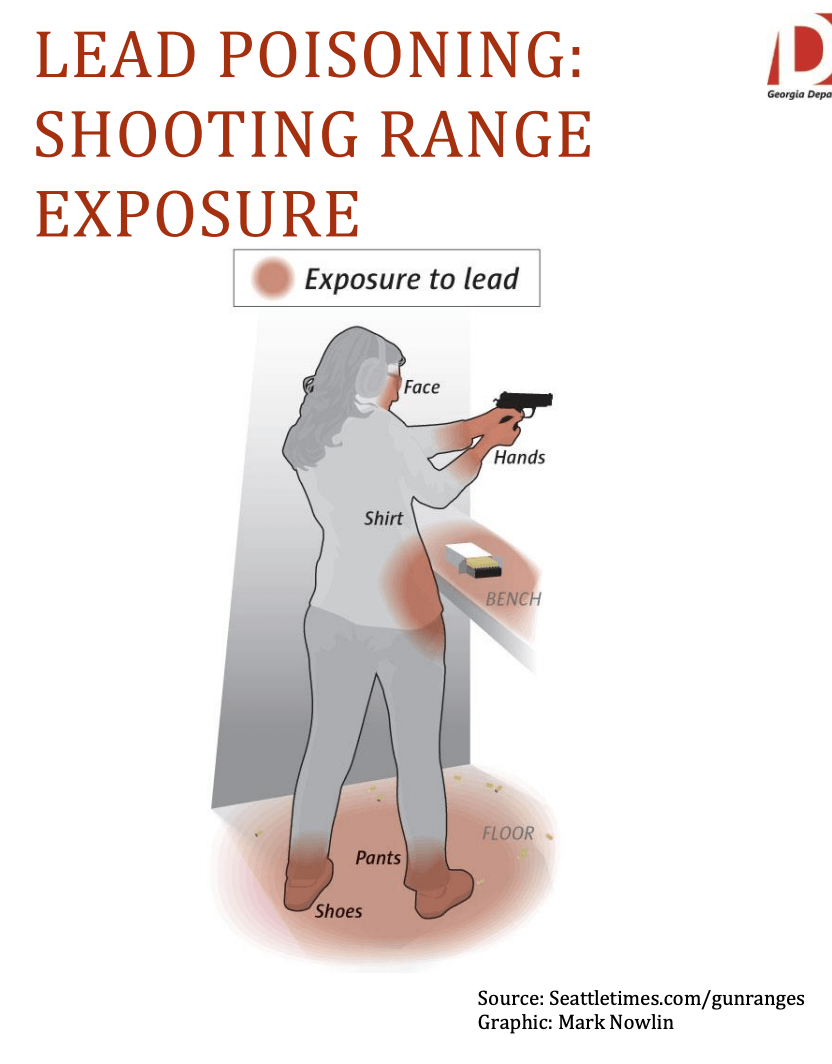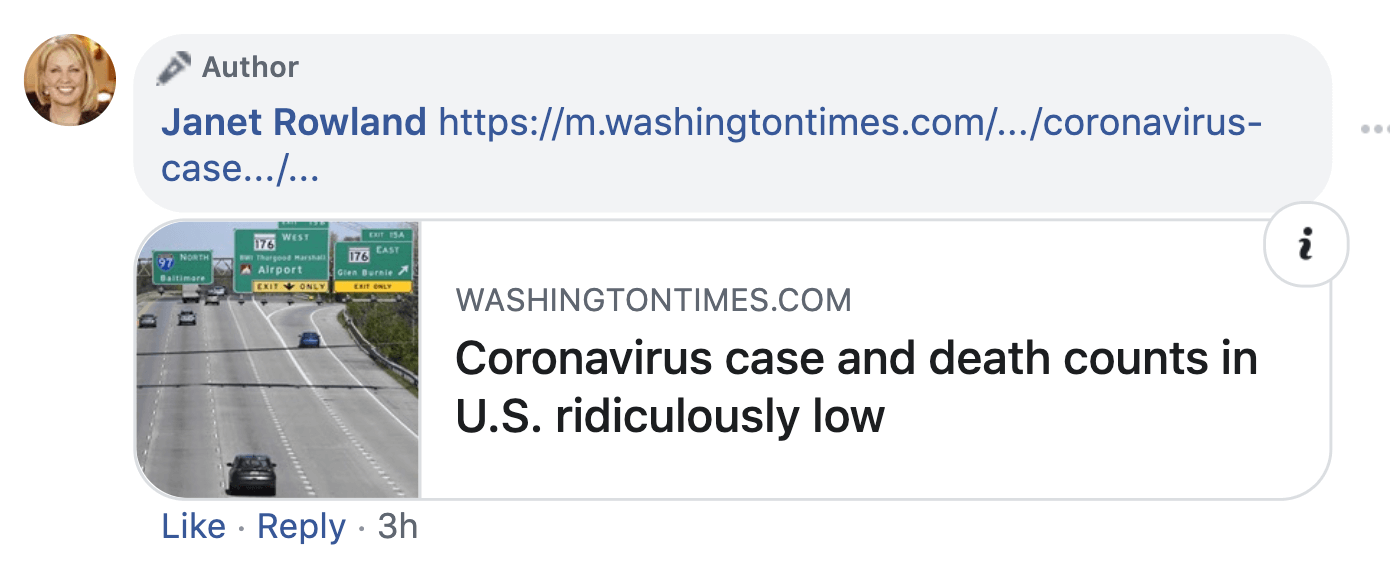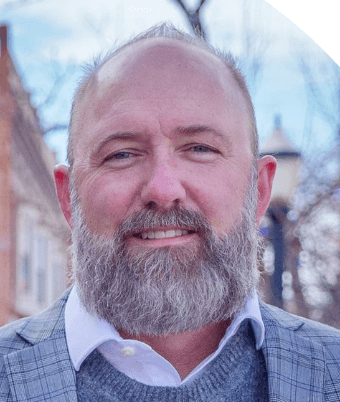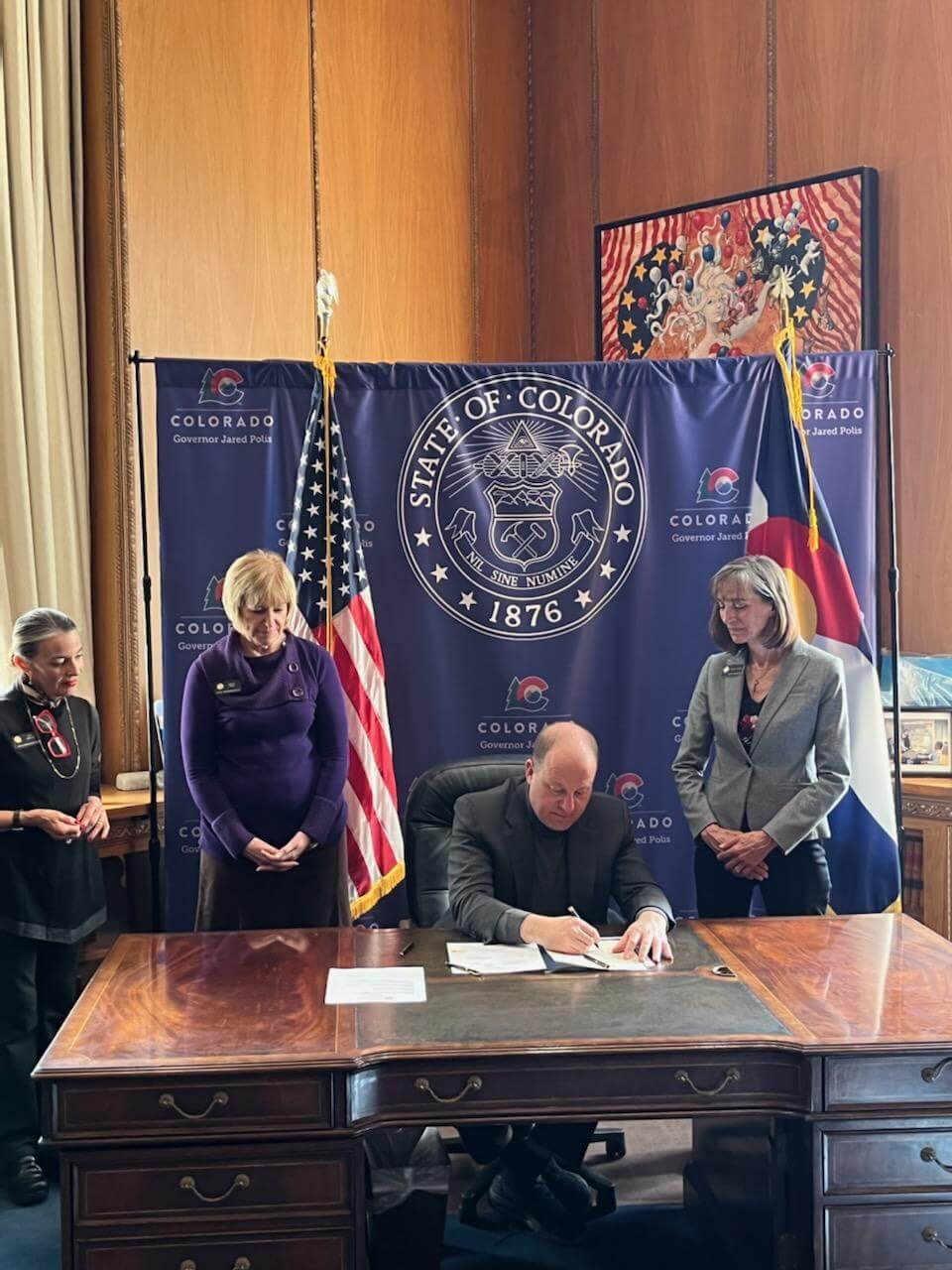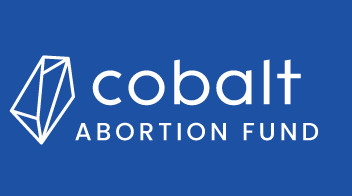 Coloradans for Protecting Reproductive Freedom announced that it has surpassed their campaign’s goal of collecting 185,000 signatures to put Ballot Initiative 89 on the November, 2024 ballot, putting Colorado voters are one step closer to seeing a constitutional amendment on the November 2024 ballot that will protect abortion from government interference. The announcement comes just a few days after the Arizona Supreme Court upheld an 1864 law banning abortion, a law that was enacted when Arizona was still a territory and long before American women had the right to vote.
Coloradans for Protecting Reproductive Freedom announced that it has surpassed their campaign’s goal of collecting 185,000 signatures to put Ballot Initiative 89 on the November, 2024 ballot, putting Colorado voters are one step closer to seeing a constitutional amendment on the November 2024 ballot that will protect abortion from government interference. The announcement comes just a few days after the Arizona Supreme Court upheld an 1864 law banning abortion, a law that was enacted when Arizona was still a territory and long before American women had the right to vote.
The campaign needs 124,238 valid signatures to qualify for the ballot, including 2% of the total registered electors in each of Colorado’s 35 state senate districts. As of now, the coalition has collected over 225,000 signatures of which 48,175 were collected by over a thousand volunteers, and has qualified in all 35 state senate districts.
The text of proposed Initiative 89 says:
“A change to the Colorado constitution recognizing the right to abortion, and, in connection therewith, prohibiting the state and local governments from denying, impeding, or discriminating against the exercise of that right, allowing abortion to be a covered service under health insurance plans for Colorado state and local government employees and enrollees in state and local governmental insurance programs.”
Jess Grennan, Campaign Director of Coloradans for Protecting Reproductive Freedom, said “The news of Arizona’s near-total abortion ban ultimately
exposed just how vulnerable every state is, and will remain, without passing legislation that constitutionally secures the right to abortion. Ballot measures like Proposition 89 are our first line of defense against government overreach and our best tool to protect the freedom to make personal, private healthcare decisions — a right that should never depend on the source of one’s health insurance or who is in office, because a right without access is a right in name only.”
Current law is discriminatory
Because of a 1984 constitutional measure that barely passed, public employees and people on public insurance in Colorado are barred from having their health insurance cover abortion care. By establishing abortion as a constitutional right, Ballot Initiative #89 would remove that discrimination, providing access to teachers, firefighters, and other state employees who cannot currently get coverage for abortion care through their insurance. Private employers in Colorado are required to cover abortion in their insurance plans.
“Recent events have made it even more critical that we in Colorado restore what the Dobbs decision took away from us and secure abortion rights in the Colorado Constitution,” said Cobalt President Karen Middleton, Co-Chair of Coloradans for Protecting Reproductive Freedom. “As a fundamental, shared value, Coloradans trust people and their doctors, not politicians, to make decisions about abortion. That value has been reinforced in 2024 with the overwhelming enthusiasm for our ballot measure, as demonstrated by thousands of volunteers in every corner of the state collecting signatures. And we firmly believe that this energy and enthusiasm will carry us through to winning in November.”
“Abortion is legal in Colorado, but still not accessible for all pregnant people who need these services. Abortion may be legal in Colorado, and that’s due to our leadership passing the Reproductive Health Equity Act in 2022 to codify a person’s fundamental right to make reproductive health-care decisions, but statutory protections do not mean we are any safer from government interference than Arizona is,” said Dusti Gurule, President and CEO of the Colorado Organization for Latina Opportunity and Reproductive Rights (COLOR) and Campaign Co-Chair. “This is why our community is fighting to enshrine abortion rights in the Colorado state constitution, along with the more than 225,000 Coloradans who have signed on to support this measure. Crossing the signature threshold is a critical step forward in securing a future where abortion rights are protected, respected, and accessible for all Coloradans, regardless of which elected or appointed official is in power.”






 The downtown Mesa County Public Library will host a
The downtown Mesa County Public Library will host a 

